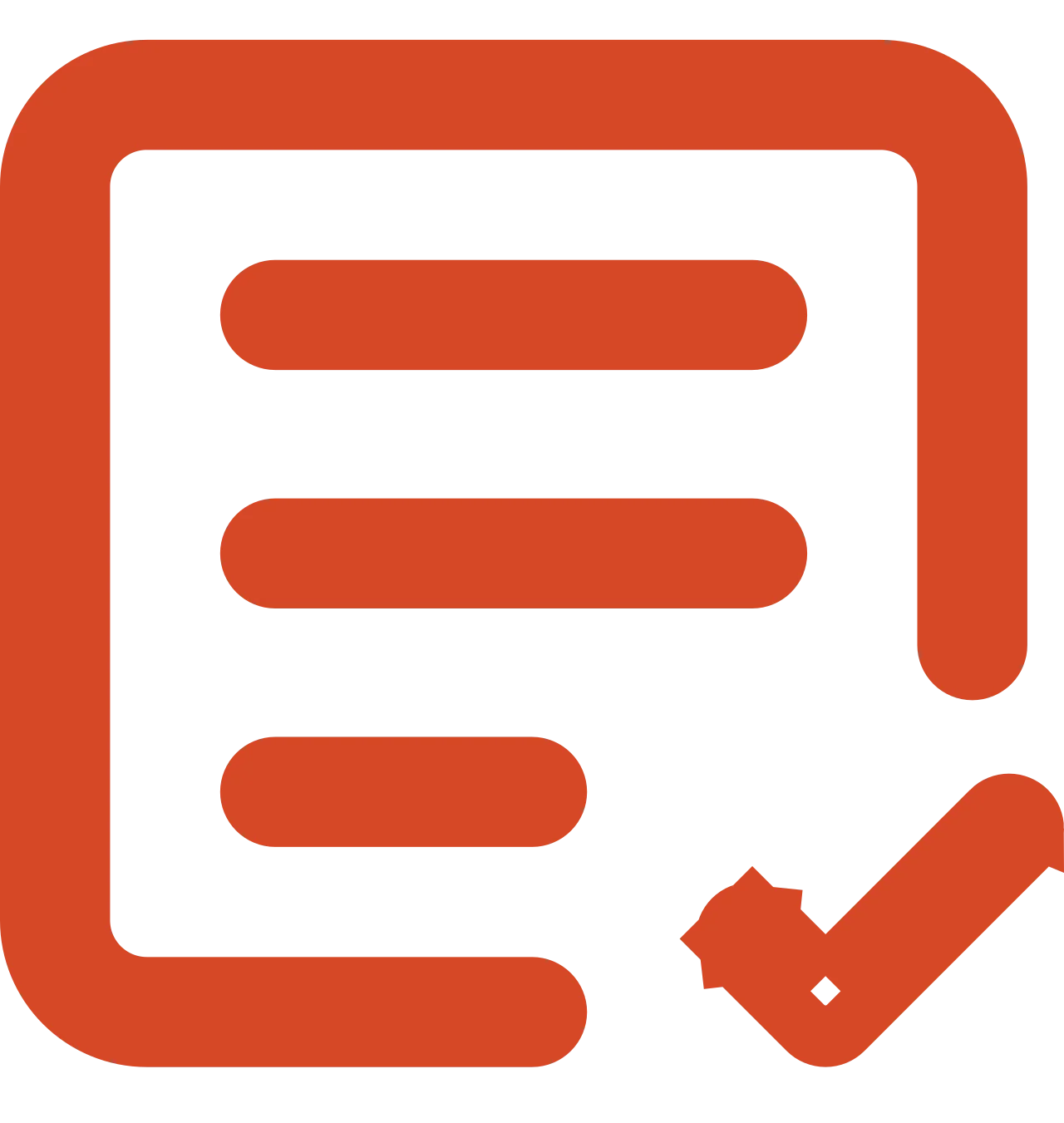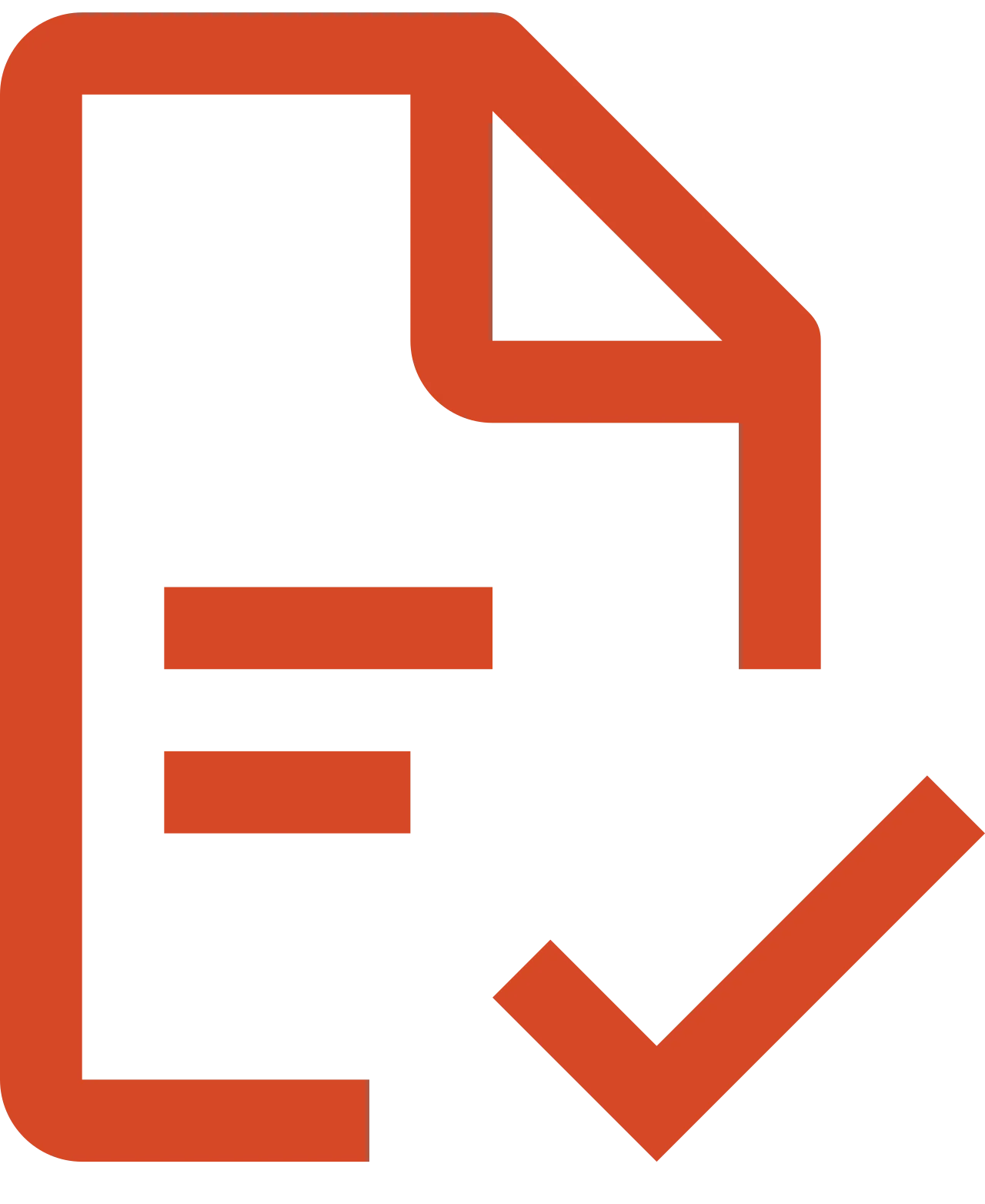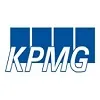Full Course
£110
£275Course Includes:
-
Online Study Mode
-
450 Hours
-
Study at your own Pace
-
Completion Certificate
Key Aspects of Course
-
Level 5 Diploma
-
Full Online Course
-
CPD Approved
-
Employer Approved
-
Fully Endorsed Course
-
450 Hours Training
-
No Entry Requirements
-
Boost Your Resume
-
Own Pace Study
-
Premium Course Material
-
Completion Certificate
£110
£275
Forensic Accounting Advanced Diploma
The Forensic Accounting Advanced Diploma is designed for individuals who want to gain in-depth knowledge and practical expertise in the field of forensic accounting. This advanced-level program explores complex financial investigations, fraud detection techniques, and litigation support processes used by professional forensic accountants. Learners will study the methods used to uncover financial misconduct, analyse digital evidence, and support legal proceedings. As one of the most comprehensive Forensic Accounting Courses, it equips students with the tools to identify and prevent financial fraud in both corporate and government settings.
Through A Forensic Accountant Course at this level, participants will learn how to apply investigative accounting skills in real-world scenarios. The curriculum covers advanced topics such as asset tracing, fraud risk management, regulatory compliance, and expert witness reporting. By completing this Forensic Accounting Advanced Diploma, learners will develop the technical, analytical, and ethical skills necessary to work confidently in forensic accounting, auditing, or financial crime investigation roles across multiple industries.
- Advanced fraud detection and prevention techniques
- Evaluating financial and non-financial evidence
- Fraud risk assessment and internal control systems
- Understanding the psychology of financial fraud
- Investigative and analytical accounting methods
- Conducting forensic audits and examinations
- Litigation support and expert witness preparation
- Reporting findings in legal and regulatory contexts
this course
- Aspiring forensic accountants
- Accountants and auditors
- Financial investigators
- Fraud examiners
- Law enforcement professionals
- Compliance officers
- Risk management professionals
- Students aiming for careers in forensic accounting
SYLLABUS
Module 1
Module 1
Foundations of Forensic & Investigative Accounting in the AI Era
Module 2
Module 2
Fraud Schemes, Economic Crime & Behavioural Red Flags
Module 3
Module 3
Data Analytics & AI Techniques for Fraud Detection
Module 4
Module 4
Digital Evidence Collection & Preservation
Module 5
Module 5
Investigative Procedures & AI Enhanced Evidence Analysis
Module 6
Module 6
Cybercrime, Cyber Security & Risk Mitigation
Expected Forensic Accounting market growth by the end of 2027
Increased in growth in different learning organizations
Average Salary
£28k - £70k per Annum
Hiring Companies
Certifications
Certification & Delivery — 100% Included
CPD Accredited PDF Certificate (Digital Certificate Included)
Printed Endorsed QLS Certificate
Postage Included (No extra charges)
No Hidden Fees — ever
Frequently Asked Questions (FAQs)
Yes. All Forensic Accounting Courses at Oxford Home Study College (OHSC) are provided through flexible distance learning. You can access modules, resources, and assessments anytime through our online learning portal.
No prior background is required. Our courses are structured so beginners can start from the fundamentals, while experienced learners can use the material to enhance existing forensic accounting knowledge.
No. The price shown on the course page is the full cost, including tutor support, study materials, and registration. Optional certificate upgrades are available but never mandatory.
Yes. All learners receive expert tutor assistance throughout their studies. Your tutor will guide you through challenging topics and answer queries related to assignments and learning outcomes.
Absolutely. OHSC welcomes learners worldwide, and all accredited online certificate programs in forensic accounting can be completed from any country with an Internet connection.
What is Forensic Accounting?It is a specialist branch of accounting that focuses on investigating financial discrepancies, fraud detection, litigation support, and analysing financial data for legal purposes. Our courses cover these concepts in depth.
Yes. Whether you are new to the field or upskilling, our forensic accounting courses introduce the core principles required for anyone exploring How to Become a Forensic Accountant? and entering this specialist profession.
There are no formal qualifications required. Our programmes are open to all learners and provide a strong foundation for those considering further study in accounting, auditing, or fraud examination.
The timeline varies for each learner. Studying with OHSC is fully self-paced, meaning you can complete your chosen course in a time frame that suits your personal and professional commitments.
Yes. Completing one of our accredited online certificate programs can strengthen your professional profile, offering valuable knowledge for roles in financial investigation, compliance, auditing, and fraud risk management.
Full Course
£110
£275Course Includes:
-
Online Study Mode
-
450 Hours
-
Study at your own Pace
-
Completion Certificate
Key Aspects of Course
-
 Full Online Course
Full Online Course -
 CPD Approved
CPD Approved -
 Employer Approved
Employer Approved -
 Fully Endorsed Course
Fully Endorsed Course -
 No Entry Requirements
No Entry Requirements -
 Boost Your Resume
Boost Your Resume -
 Own Pace Study
Own Pace Study -
 Premium Course Material
Premium Course Material -
 Completion Certificate
Completion Certificate
£110
£275




